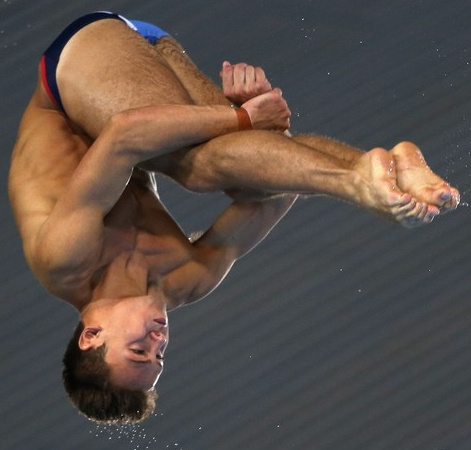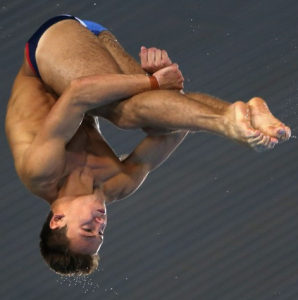Celebrity and Twitter

 What is Twitter? Is it a network between (for want of a better word) ‘ordinary’ people like me? Or is it a spotlight into the lives of the rich and famous, with Twitter the means for these people to transmit their messages? If you read mainstream media coverage of the network and you were not personally on Twitter you would be inclined to think it was more the latter than the former. Yet just occasionally these two worlds mix – the Tom Daley / Rileyy69 spat is a case in point.
What is Twitter? Is it a network between (for want of a better word) ‘ordinary’ people like me? Or is it a spotlight into the lives of the rich and famous, with Twitter the means for these people to transmit their messages? If you read mainstream media coverage of the network and you were not personally on Twitter you would be inclined to think it was more the latter than the former. Yet just occasionally these two worlds mix – the Tom Daley / Rileyy69 spat is a case in point.
It strikes me that the very fact that Tom Daley or Lady Gaga can co-exist on Twitter with people like me or Rileyy69 lends a superficial equality to the network, whereas in reality this equality is false.
Throughout all the social media training work I have done over the years I am always struck by how people always assume that everyone uses Twitter, Facebook or whatever other tools the way they themselves use these tools. In fact people’s criteria as to who to follow, what’s off limits, and the tone of their content vary enormously. So Rileyy69 fires off a hateful tweet to Daley in the same way as he probably did towards his friends, assuming that is just normal behaviour, yet when Daley latches onto it and all hell breaks out he is like a rabbit in headlights.
I have only once, for a small, brief and sad time, been in the Twitter spotlight. It was 27th November 2011 thanks to this brief tweet about the tragic death of Gary Speed that was retweeted 89 times (although traditional retweets not counted by Twitter sent the number into the hundreds). Retweets and replies, and replies to the replies were coming in so fast that I could not possibly keep up. While I normally interact with as many people on Twitter as possible (especially people who reply to me or retweet me), suddenly it was impossible to keep up. For 24 hours I became one of those annoying people that never replies.
For me Twitter remains primarily a network of ‘ordinary’ people, folks who might read what I write in reply to them. If I want to read about Usain Bolt or Kevin Pietersen, the newspaper will do the job just fine, and probably with better grammar than the tweets of the sportsmen themselves. But if you do want to use Twitter as a view into the lives of the rich and famous, remember they will not tweet like you because they cannot. If you’re famous Twitter essentially becomes a broadcasting tool, or a small conversation in an echo chamber that the rest of the world can listen to, but cannot participate in. Social media is, after all, not a great leveller.